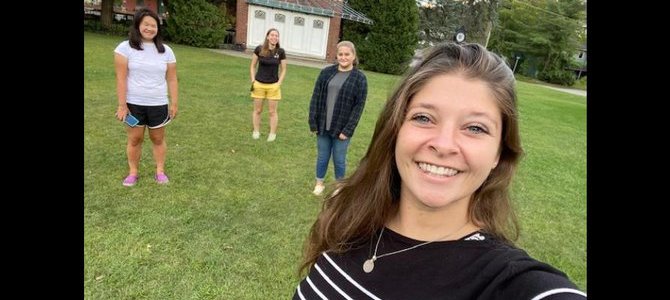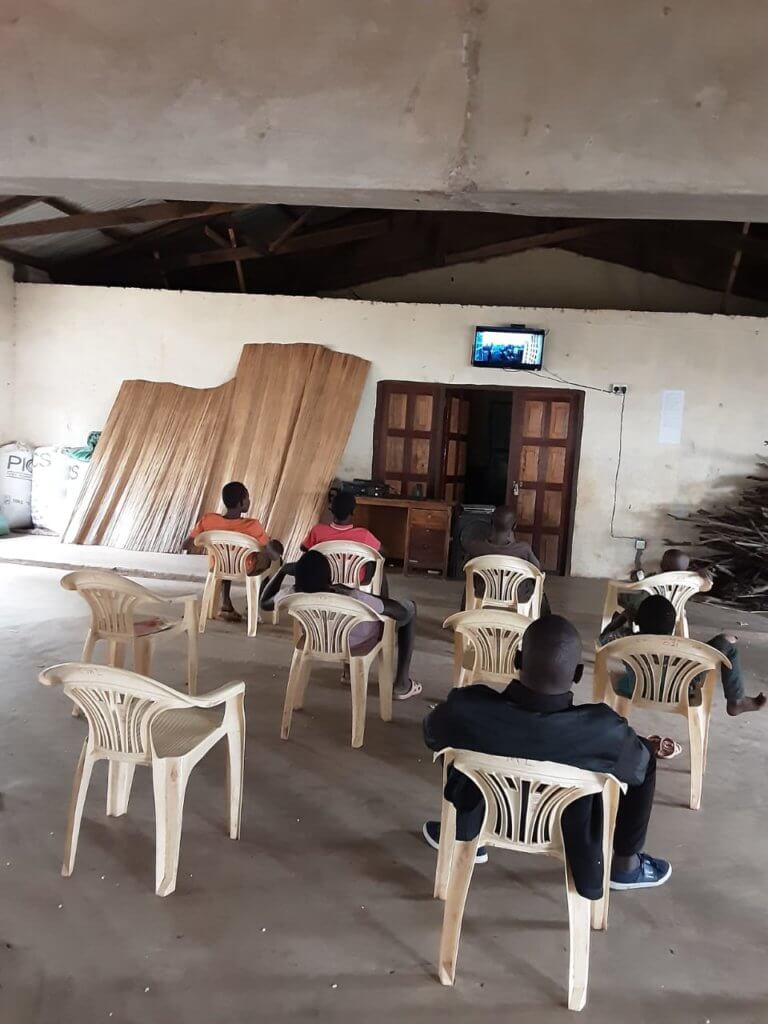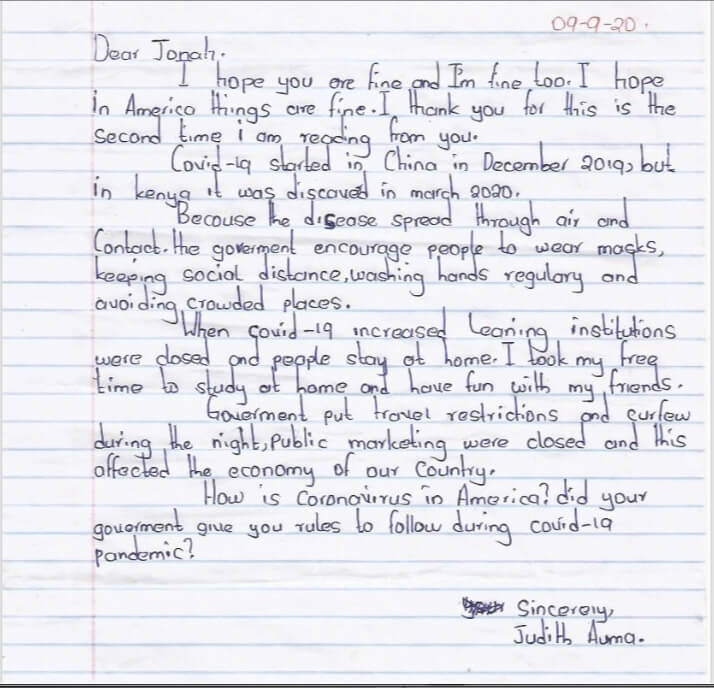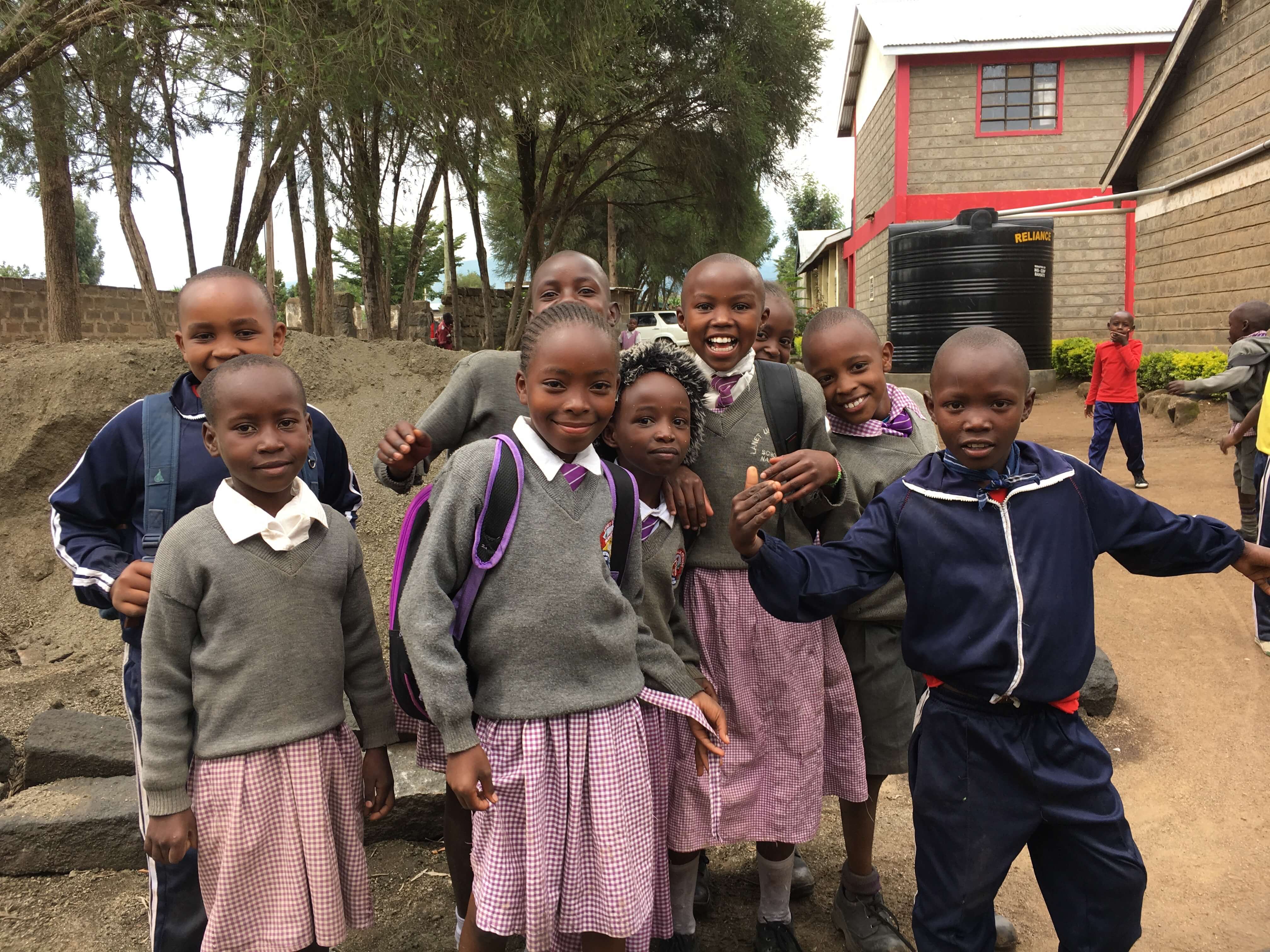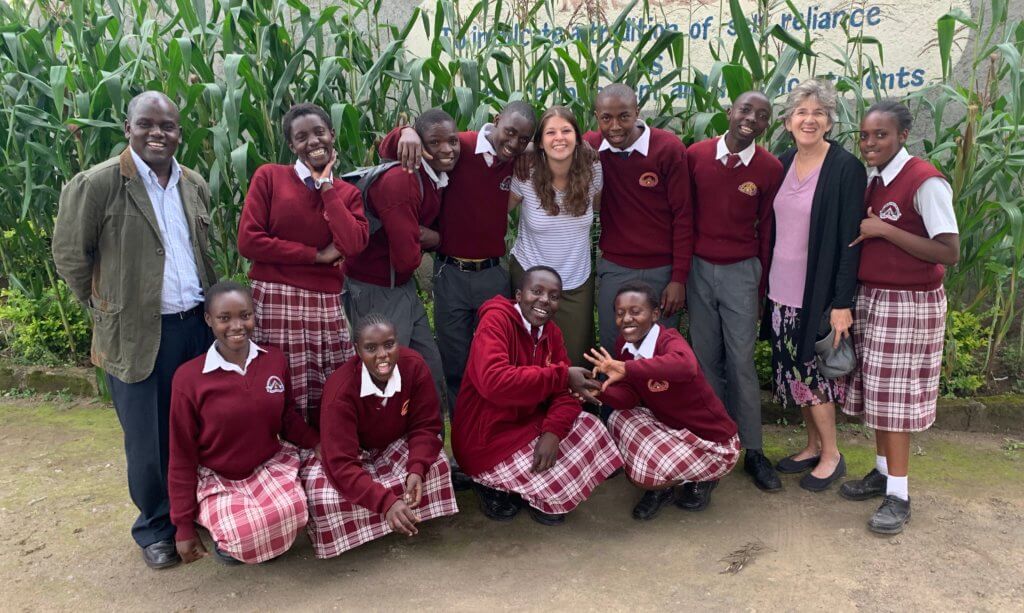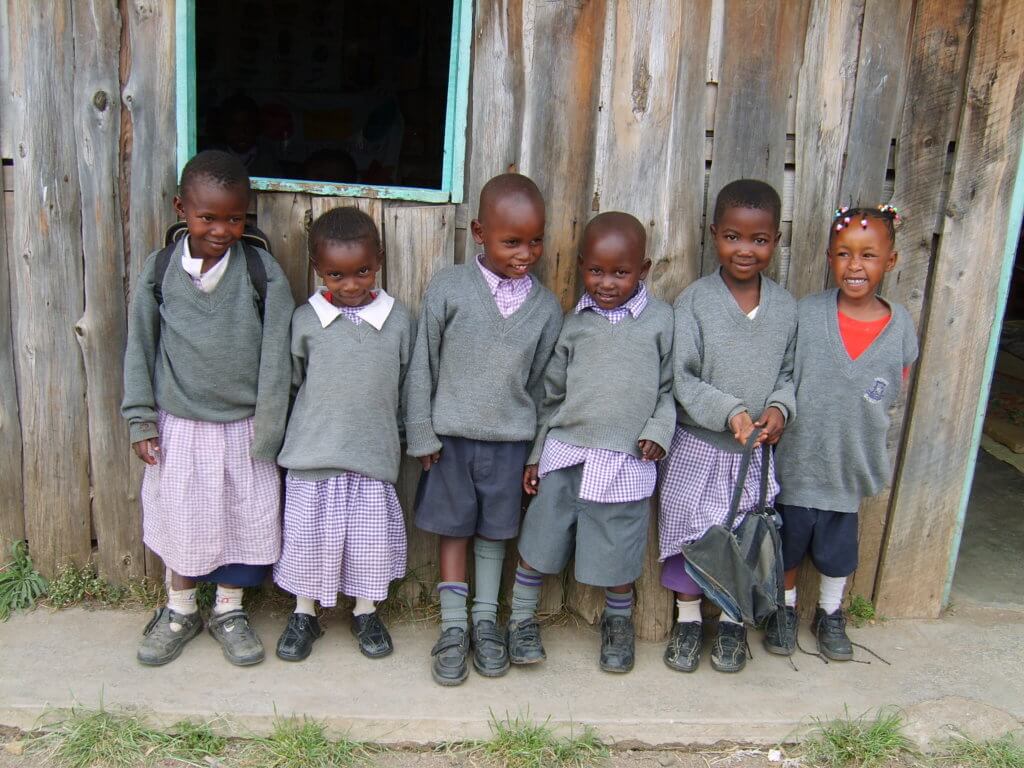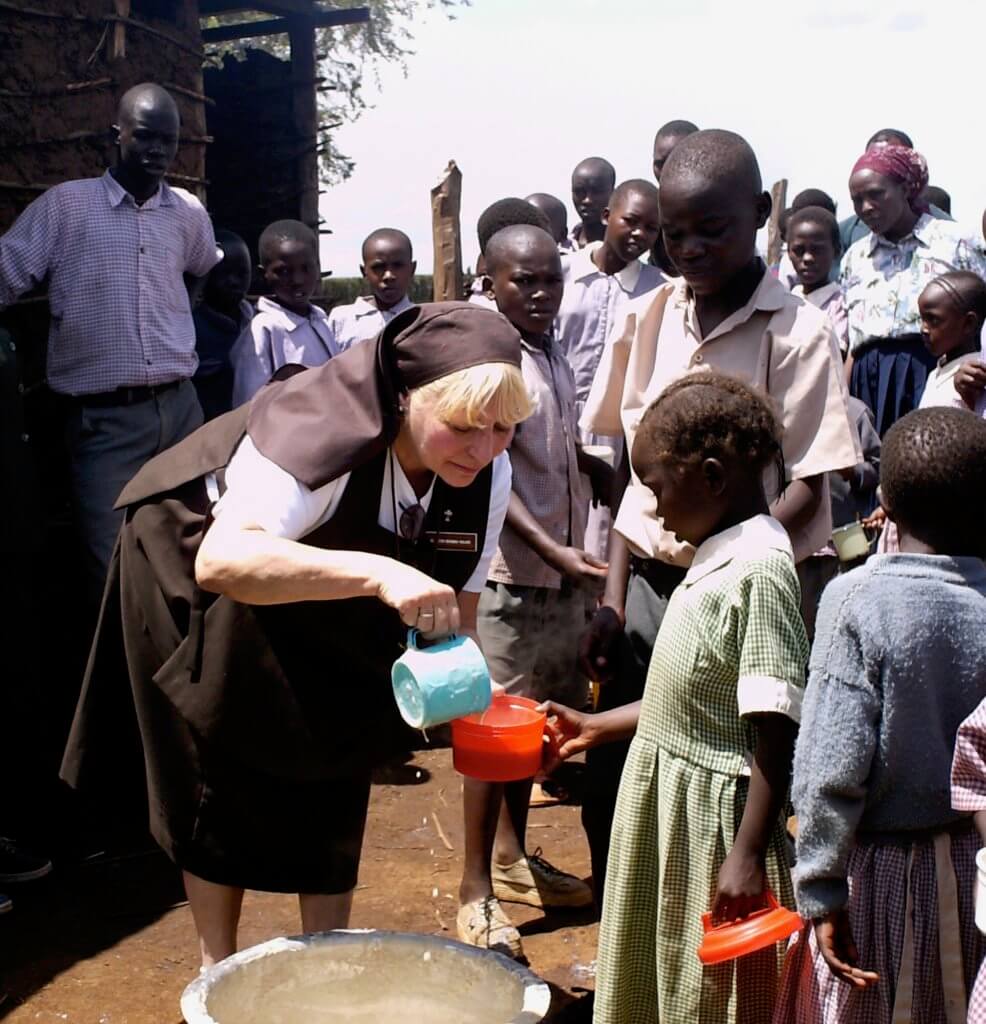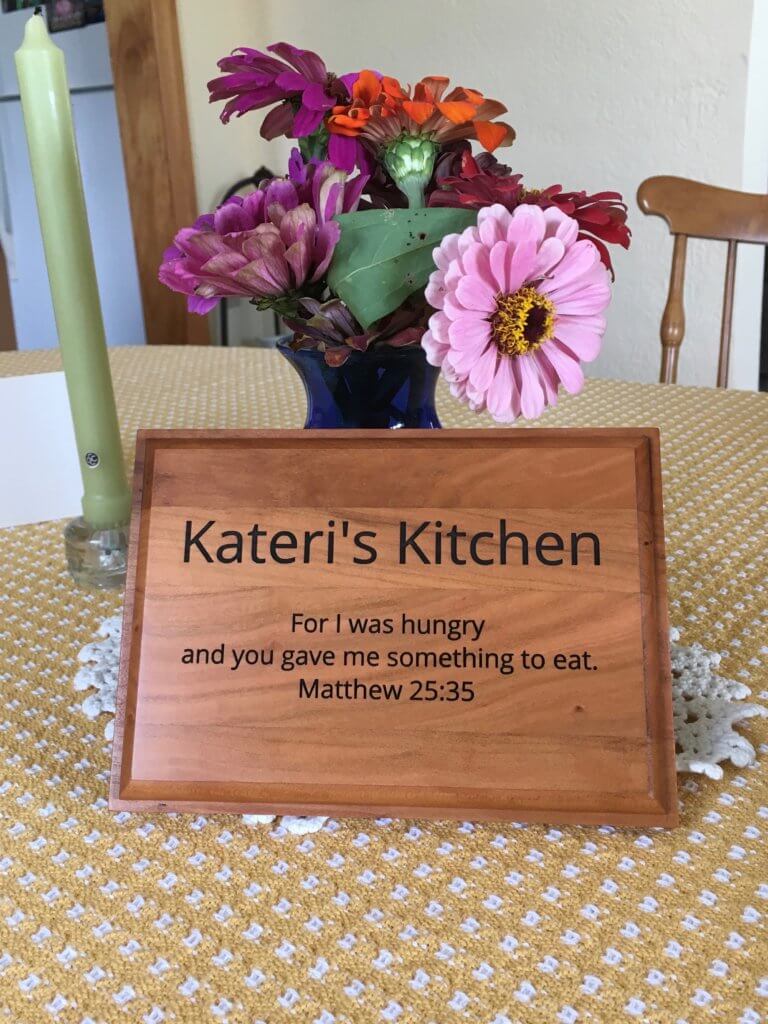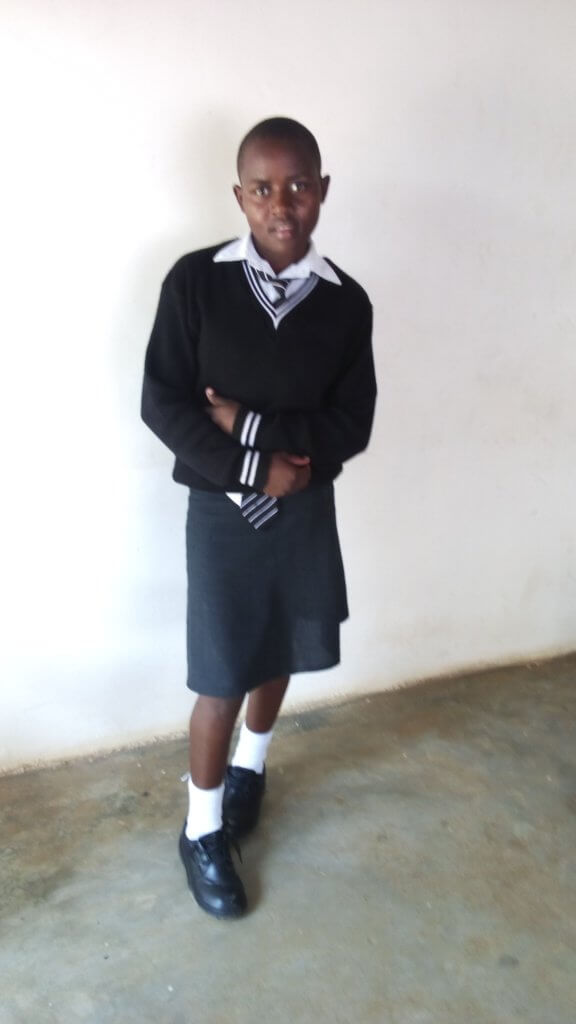I have some really good news to share. This past fall Everyone’s Child held their Annual Appeal. Today I am excited to report that in a year of pandemic and anxiety we have raised almost $30,000! When you take into account that this has been an extremely challenging year across our country and around the world, I am very encouraged by this response.
EC’s Mission
EC’s Annual Appeal is conducted every year in an effort to fund our programs, including the Orphan Feeding Program, which provides a daily lunch to over 500 orphaned students in six Kenyan primary schools each day. Another program that requires ongoing funding is our Secondary School Student Sponsorship Program. Currently EC is supporting 13 orphaned secondary students in Kenya and four students in India, and we expect to add at least 10 more students to the roster this year. Many supporters made specific gifts to these programs, enabling us to continue offering nutritious meals and an education to students who otherwise would not be able to attend school. The Mentorship Program makes up EC’s third initiative to help orphans. William Aludo, EC’s Kenyan Program Coordinator heads this program, leading orphaned high school students through a year-long plan to equip them with skills they will need after graduating from school. This three pronged approach encompasses EC’s mission statement, to educate, care for and connect with vulnerable children in developing nations.
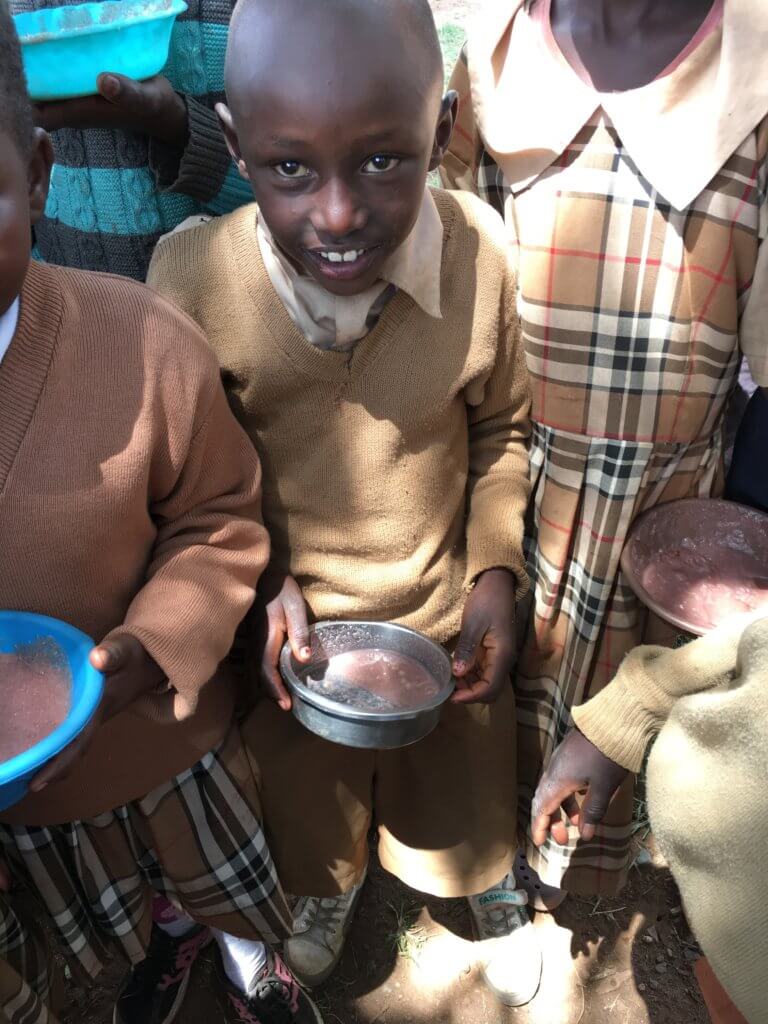
Really Good News
The other really good news has to do with a small group of students from Harwood Union High School in northern central Vermont who spent the past several months raising funds to help their Kenyan peers attend school this year. In 2019, after learning that students in Kenya will be sent home if they can’t pay the $36 fee per term, they formed a group called “Harwood Students Making Change” and raised enough funds to help 12 orphaned high school students go to school in 2020. But they didn’t stop there. After finishing one fundraiser, Ari, Erin and Rachel visited local artisans, restaurateurs and purveyors in Vermont, asking for raffle donations. Their goal was to raise funds by selling tickets to classmates and teachers to continue helping Kenyan students go to school the following year. COVID-19 waylaid their plans, but they weren’t put off. Instead they switched gears to hold an online raffle last November, this time raising enough funds to send 15 orphaned secondary students to school in 2021.

A Win-Win
EC Board member Tracy Guion spearheaded the event, using the online raffle platform “RallyUp” to get the word out to supporters. Tickets were snapped up by friends and strangers alike, and by the end of the month they had reached and surpassed their goal, raising over $2,500 in one month! And what was more, twenty happy winners walked away with distinctive Vermont gifts. Among the prizes were a Keurig coffee maker, a one-of-a-kind Ziemke Glass Blowing Studio ornament, as well as gift certificates from shops and restaurants like The Warren Store, Red Hen Bakery, The Blue Stone and other places in and around the Mad River Valley. It was a win-win situation for sure.
An Unforgettable Moment
In 2019, Ari created a video to introduce themselves to their new African friends and let them know that they had raised funds for their schooling. Tracy shared this video with the students in Kenya when she visited with them at the end of 2019. They were immensely grateful and equally amazed at the ingenuity of these three young women. An unforgettable response came from a Kenyan student named Gordon who said, “I would also like to raise funds and share it with other orphans so they can also go to school.”
Messages of Mercy
The best part about all of this is obvious but still bears stating. This effort was put forth by three teenage girls who clearly want to make a difference in the world they live in. Tracy had introduced them to Everyone’s Child through Messages of Mercy, EC’s writing program between students from different cultures. This program was initiated to forge an understanding and create a sensitivity and awareness between students around the world. Ari, Erin and Rachel realized that they could have an impact in the lives of orphaned students who otherwise might not be able to finish high school due to an inability to pay their school fees. And despite the obstacles of distance, culture and even a global pandemic, they have found a way to make an education possible for students who don’t have the same opportunities as many American children.

From the bottom of our hearts
The EC Board of Directors and I want to thank everyone who gave to our Annual Appeal this year, and tell you from the bottom of our hearts that you are all making a huge difference by ensuring that children are fed, educated and connected, even if the hurdles standing in their way seem unsurmountable. Together we truly can help a generation through education.
Wishing you all a blessed year,
Ruth

